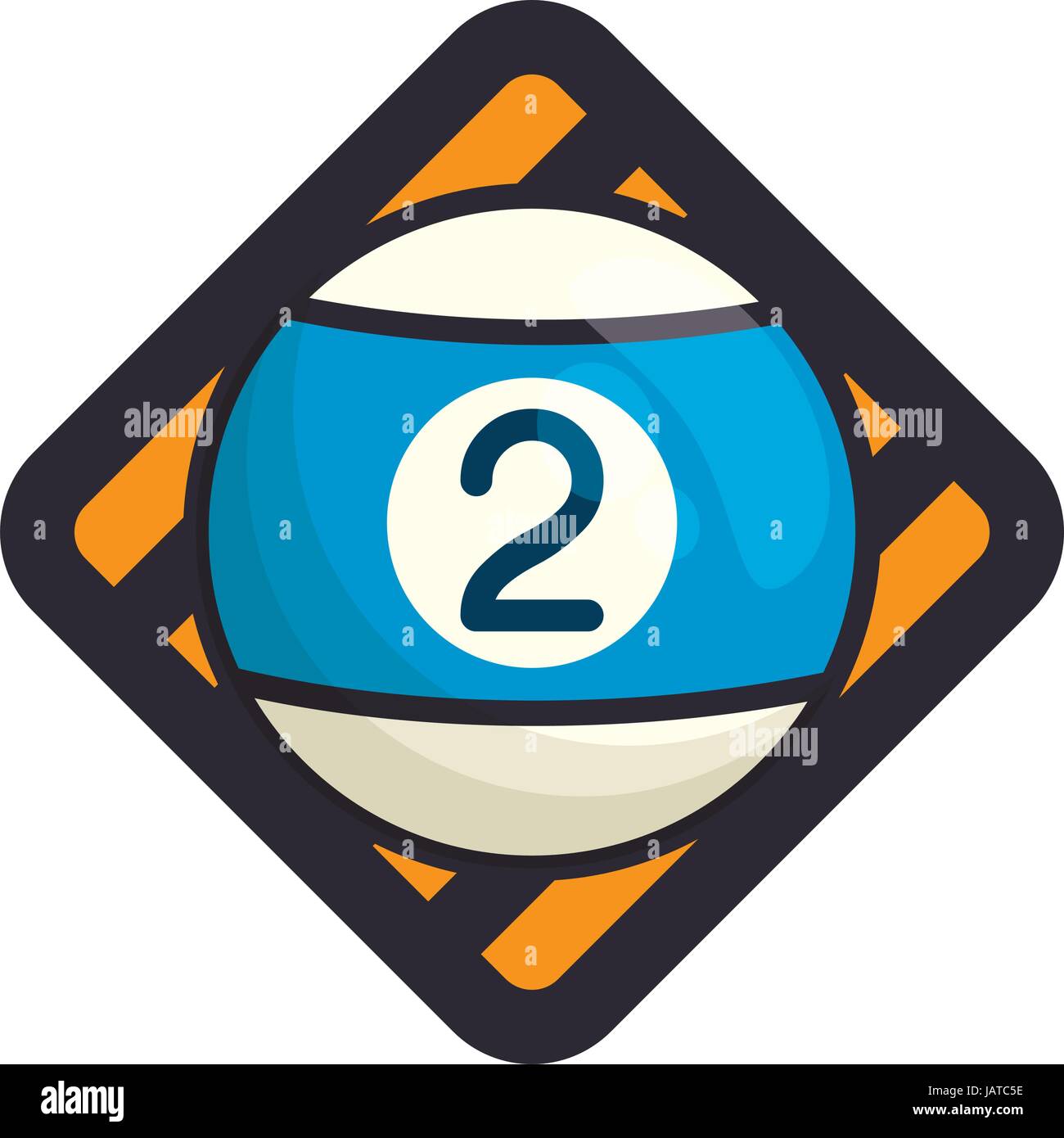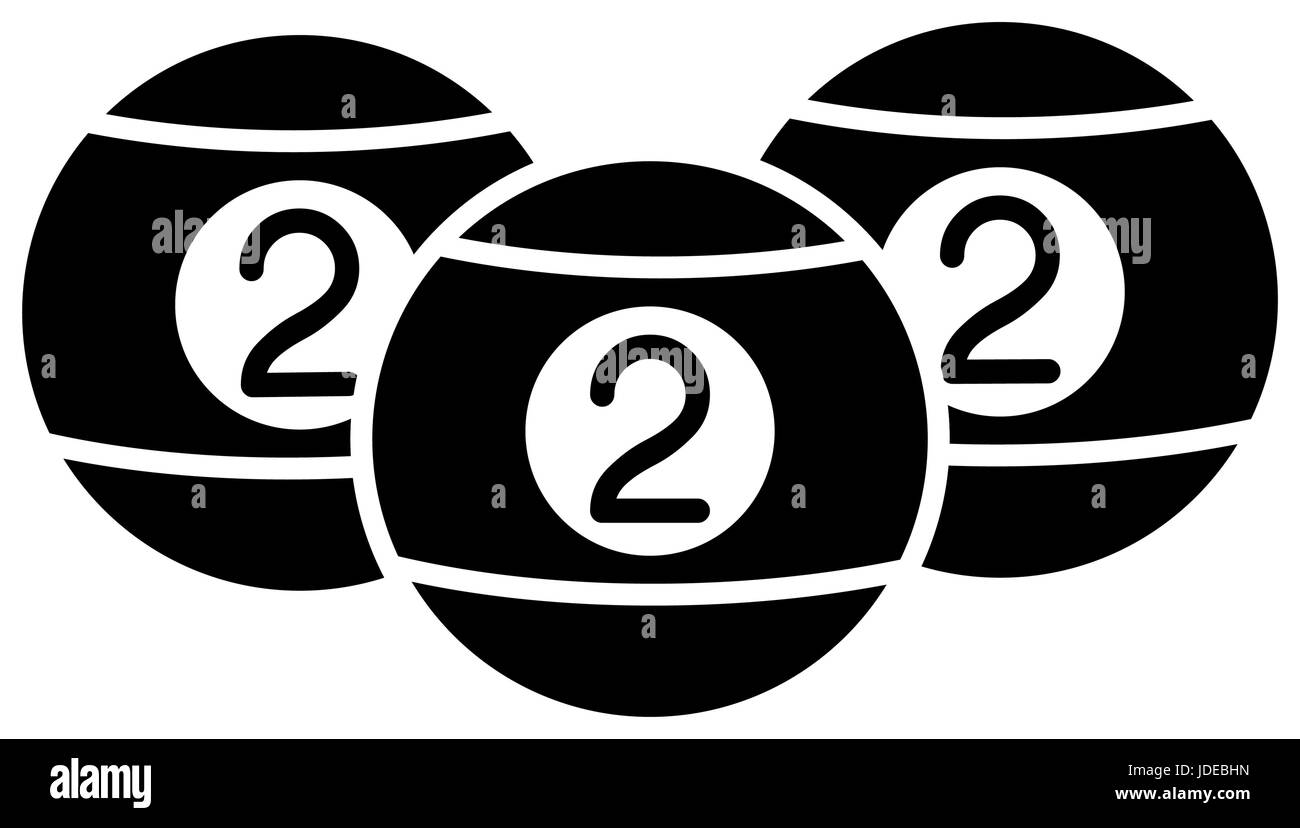Is Pool A Sport Or A Game? Let’s Dive Into The Debate!
Alright folks, let’s clear the air once and for all. Is pool a sport or a game? This question has sparked countless debates in bars, living rooms, and even academic circles. For many, pool is more than just a pastime—it’s a serious pursuit that demands skill, precision, and strategy. But is it enough to classify it as a sport? Or does it remain a mere game? Let’s break it down and see where the chips fall.
From casual players enjoying a friendly match at the local bar to professional tournaments with hefty prize money, pool has something for everyone. But the classification of pool as a sport or a game has been a topic of discussion for years. Some argue that it lacks the physical intensity of traditional sports, while others highlight its mental and technical demands.
In this article, we’ll explore both sides of the argument, dive into the history of pool, and examine why it might—or might not—qualify as a sport. So grab your cue stick, and let’s get started!
Read also:Katie Couric Cheers On Hoda Kotb And Savannah Guthrie A Testament To Female Empowerment
Here’s a quick overview of what we’ll cover:
- What Is Pool?
- A Brief History of Pool
- Sport vs. Game: What’s the Difference?
- The Physical and Mental Requirements of Pool
- Professional Pool: A Serious Business
- Why Isn’t Pool in the Olympics?
- The Benefits of Playing Pool
- Common Myths About Pool
- Conclusion: Is Pool a Sport or a Game?
- Your Turn: What Do You Think?
What Is Pool?
Let’s start with the basics. Pool, also known as pocket billiards, is a cue sport played on a table with six pockets. The game involves striking balls with a cue stick to sink them into the pockets according to specific rules. While there are various versions of the game, the most popular ones include eight-ball, nine-ball, and straight pool.
Pool has been around for centuries, evolving from its ancestor, ground billiards, which was played outdoors. Over time, the game moved indoors and transformed into the table-based version we know today. But here’s the kicker—does this evolution make it a sport, or is it still just a game?
Let’s take a closer look at the history of pool to understand its roots better.
A Brief History of Pool
Pool’s origins can be traced back to the 15th century, where it was played as an outdoor game called “ground billiards.” Players would hit wooden balls with maces across grassy fields. As the game gained popularity, it eventually moved indoors, and the tables were introduced in the 16th century.
By the 18th century, pool had become a staple in European aristocratic circles. The introduction of leather-tipped cues and standardized rules further refined the game. In the 19th century, pool made its way to the United States, where it became a cultural phenomenon.
Read also:Meghan Markle And Prince Harry Found Sanctuary At Best Friend Jessica Mulroneys Home
Today, pool is played by millions worldwide, with professional tournaments and leagues drawing significant attention. But the question remains—does its rich history qualify it as a sport?
Sport vs. Game: What’s the Difference?
This is where things get interesting. The distinction between a sport and a game often comes down to a few key factors:
- Physical Demand: Sports typically require a higher level of physical exertion, while games may focus more on mental skills.
- Competition: Both sports and games involve competition, but sports often have more formalized structures and regulations.
- Skill Level: Sports usually require a combination of physical and mental skills, whereas games might emphasize strategy or luck.
Now, let’s apply these criteria to pool. While it may not involve running or jumping, pool demands incredible precision, focus, and hand-eye coordination. Players must also possess a deep understanding of geometry and physics to execute complex shots.
Why Pool Fits the Sport Criteria
Here are some reasons why pool can be considered a sport:
- It requires physical movement, albeit at a slower pace than traditional sports.
- Professional players undergo rigorous training to improve their skills.
- There are governing bodies, such as the World Pool-Billiard Association (WPA), that regulate the sport.
The Physical and Mental Requirements of Pool
Let’s be real—pool isn’t just about lining up a shot and hoping for the best. It demands a combination of physical and mental prowess that rivals many traditional sports.
Physical Aspects: While pool doesn’t involve high-intensity cardio, it does require players to maintain a steady stance and control their movements with precision. The repetitive nature of the game can also lead to muscle fatigue, especially during long tournaments.
Mental Aspects: Pool is a game of strategy and concentration. Players must think several moves ahead, anticipate their opponent’s actions, and stay calm under pressure. This mental fortitude is crucial for success at the professional level.
So, while pool may not involve sprinting or tackling, it certainly demands a unique blend of physical and mental skills that make it deserving of the “sport” label.
Professional Pool: A Serious Business
For many, pool is more than just a hobby—it’s a career. Professional pool players compete in tournaments around the world, vying for prize money and recognition. These players train extensively, honing their skills and studying the game to gain a competitive edge.
Some of the most famous names in professional pool include Efren Reyes, Nick Varner, and Jeanette Lee. These players have elevated the game to new heights, showcasing their incredible talent and dedication.
How Professional Pool Works
Professional pool tournaments are highly organized events with strict rules and regulations. Players compete in various formats, including singles, doubles, and team competitions. The World Championships of Pool and the Mosconi Cup are two of the most prestigious tournaments in the sport.
But here’s the thing—despite its professional status, pool still faces skepticism from those who believe it doesn’t qualify as a sport. Let’s explore why that might be.
Why Isn’t Pool in the Olympics?
One of the biggest arguments against pool being classified as a sport is its absence from the Olympic Games. While other cue sports, such as snooker and carom billiards, have made appearances in Olympic events, pool has yet to secure a spot.
There are several reasons for this:
- Perception: Many people still view pool as a casual game rather than a serious sport.
- Popularity: Pool may not have the global appeal of sports like soccer or basketball, which makes it harder to justify its inclusion.
- Governing Bodies: The lack of a unified governing body for pool has hindered its Olympic aspirations.
However, advocates for pool argue that these challenges can be overcome with increased awareness and support. After all, sports like golf and tennis weren’t always part of the Olympics either.
The Benefits of Playing Pool
Regardless of whether you consider pool a sport or a game, there’s no denying its numerous benefits. Here are just a few:
- Improved Focus: Playing pool enhances your ability to concentrate and stay calm under pressure.
- Enhanced Coordination: The game helps develop hand-eye coordination and fine motor skills.
- Social Interaction: Pool is a great way to meet new people and enjoy friendly competition.
These benefits make pool an excellent activity for people of all ages and skill levels. Whether you’re playing casually or competitively, there’s always something to learn and enjoy.
Common Myths About Pool
There are several misconceptions about pool that need to be addressed:
Myth 1: Pool Is Just a Bar Game
While pool is often played in bars, it’s much more than that. Professional tournaments and leagues demonstrate the seriousness and complexity of the game.
Myth 2: Pool Doesn’t Require Skill
Wrong! Pool demands a high level of skill and practice. Even the best players in the world continue to refine their techniques and strategies.
Myth 3: Pool Isn’t Physically Demanding
While it may not involve running or jumping, pool requires physical precision and endurance, especially during long matches.
Conclusion: Is Pool a Sport or a Game?
After examining both sides of the argument, it’s clear that pool fits many of the criteria for being classified as a sport. Its combination of physical and mental demands, along with its professional structure and competitive nature, make a strong case for its inclusion in the sport category.
However, the debate will likely continue as long as perceptions about pool remain divided. Whether you view it as a sport or a game, one thing is certain—pool is an exciting and rewarding activity that offers something for everyone.
Your Turn: What Do You Think?
Now it’s your turn to weigh in on the debate. Do you think pool is a sport, or does it remain a game? Share your thoughts in the comments below and let’s keep the conversation going. And if you enjoyed this article, don’t forget to share it with your friends and fellow pool enthusiasts!
Article Recommendations


